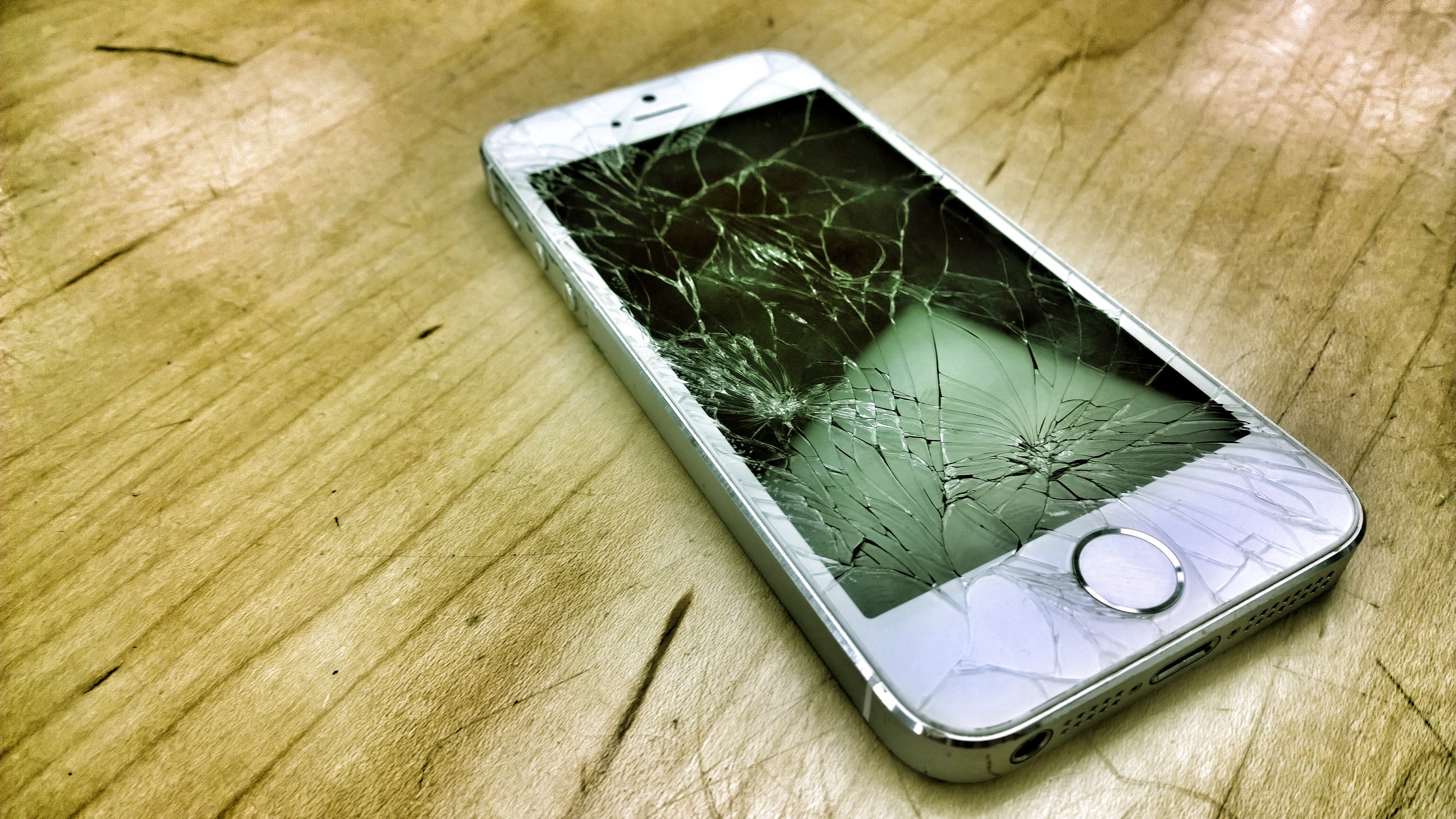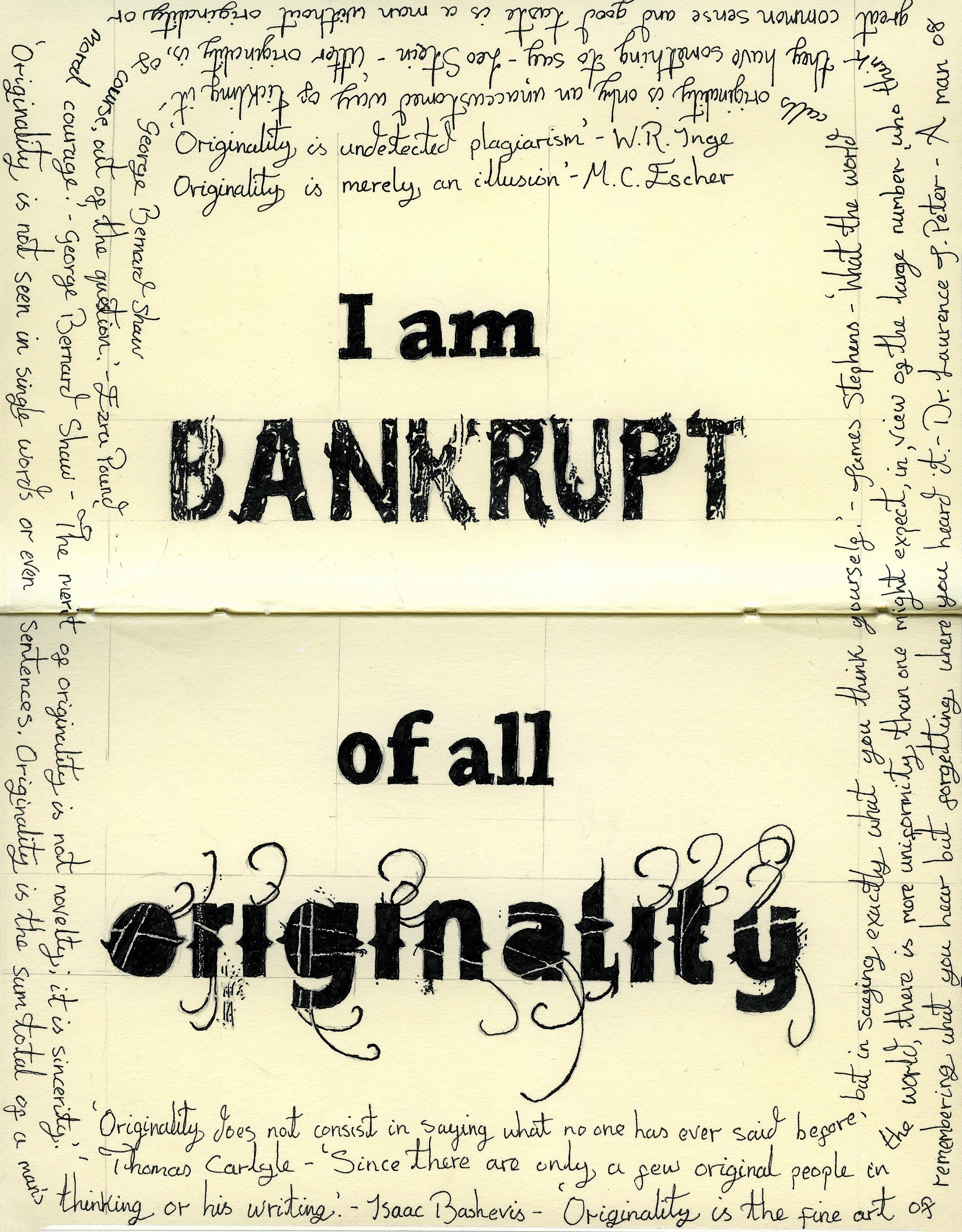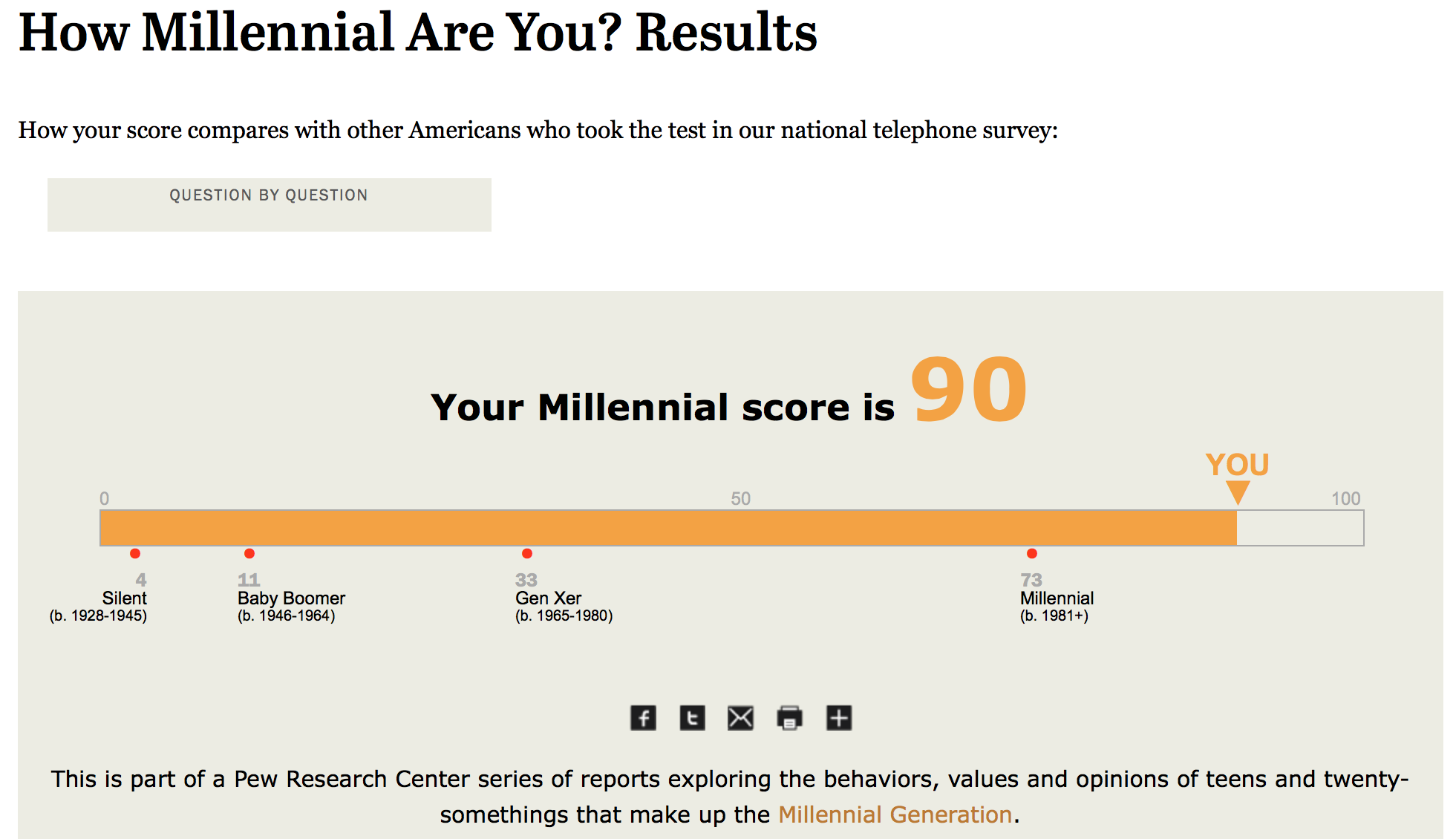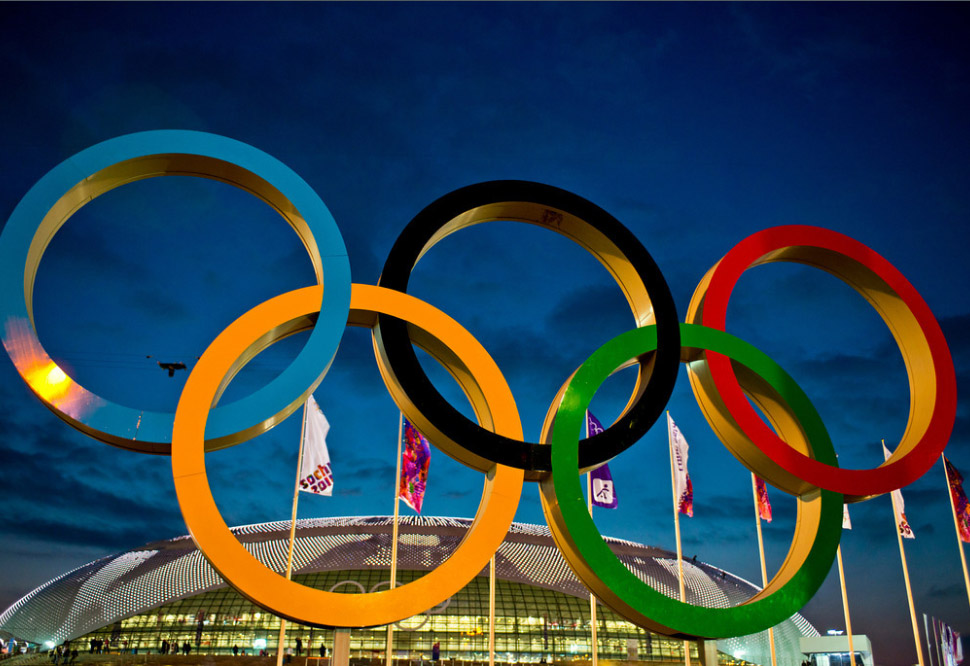Wired hits a homer with an incredible August issue on smartphones. As battery life and utility expand, so does my device’s use as secondary—and sometimes primary—device. Nokia Lumia Icon is all the digital device I carried to San Diego Comic-Con 2014. Snap. Edit. Share. And I took notes during the panels. It’s not a question if my smartphone replaces a PC but when.
Five years ago (this month) I asserted, perhaps a bit prematurely, that “Your Next PC is a Smartphone“. That was before the tablet craze sidelined attention, but I’m convinced the smartphone’s day is come—and so do Wired editors.









